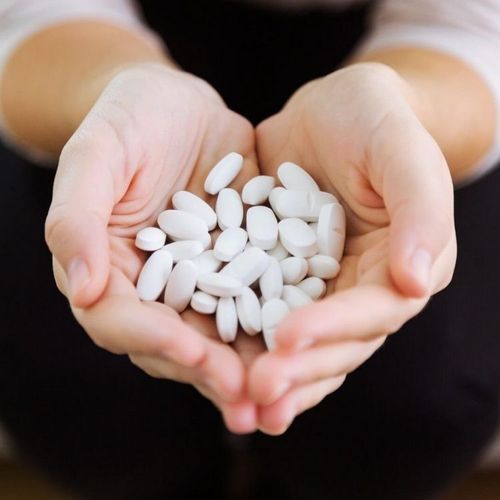There is new evidence that the use of common antidepressants increases the risk of suicide in children and adolescents. Though much of the previous research had focused on users' suicidal thoughts and actions, this study "focused on things that are at the far more severe end of the spectrum kids coming into the emergency room following suicide attempts and those who actually die," says Dr. Mark Olfson, lead author of the study and a professor of clinical psychiatry at the New York State Psychiatric Institute at Columbia University Medical Center in New York City. "These are things that are many, many times less common, thankfully, than the sorts of things that have been studied."
The Study
The researchers looked at nearly 5,500 Medicaid beneficiaries across the country who had received inpatient treatment for depression. They divided the people into two groups-those who had received antidepressants and those who had not.
They found that children between the ages of six and 18 who were taking antidepressants were 1.5 times more likely to attempt suicide and 15 times more likely to die in that attempt than individuals not treated with an antidepressant. This trend was not seen among adults who used the drugs.
However, the authors caution, the statistics on the suicide deaths were based on only eight individuals, and these eight may have been among the sickest, which may have skewed the results.
In particular, children and adolescents who used antidepressants seemed to be at heightened risk of suicide in the period immediately after a hospitalization, especially if they were just starting on the medication, Olfson notes. The risk appeared to be linked to only certain types of antidepressants.
Children using venlafaxine (Effexor)-a serotonin-norepinephrine reuptake inhibitor (SNRI) -had a 2.3 times greater risk of suicide attempts compared with no drug treatment at all. Tricyclic antidepressants were also significantly linked with suicide attempts.
With the exception of (sertraline) Zoloft, selective serotonin reuptake inhibitors (SSRIs), were not significantly associated with suicide attempts, the study authors report.
Implications
It is likely that the differences in suicidal thoughts and behaviors among children were, in fact, due to the drugs they were taking, Olfson surmises.
"In order to be due to the depression, there would have to be differences in depression between groups," Olfson explains. "I can't completely exclude that possibility-and those that are more severely ill get more medications-but I think if depression were responsible, we would expect to find the same kind of relationships in adults. The fact that we see it with kids should raise our concern about this risk."
"This reinforces what the [US]Food and Drug Administration [FDA] has been warning about for the last couple of years," says olfson.
"Parents and teachers and health-care professionals should pay close attention to changes in mood and actions of depressed children and take them seriously if they report that they feel more anxious or restless or develop thoughts of wanting to harm themselves," he adds.
"It appears that there are still reasons to be concerned about the antidepressant treatment of child and adolescent depression," says Alec Miller, chief of child and adolescent psychology at Montefiore Medical Center in New York City.
The Future
Miller, who is also an associate professor of psychiatry and behavioral sciences at Albert Einstein College of Medicine in New York City, says that children who are battling depression need more and better treatment options.
The Columbia study "makes the argument for really establishing more effective psychosocial interventions so that we don't need to rely on medication treatment," he says.
Background
Pediatric use of antidepressant medications -especially SSRIs-has been the subject of extended controversy.
In October 2004, the FDA directed manufacturers of SSRIs, which include (citalopram) Celexa, (paroxetine) Paxil, (fluoxetine) Prozac and Zoloft, to put a special "black-box" warning on the drugs' labels to alert health-care providers of an increased risk of suicidal thoughts and behaviors in children and teens who are using the medications.
In July 2005, the FDA issued a public health advisory saying that this same risk may also apply to adults taking SSRIs, after several studies pointed to that possibility.
